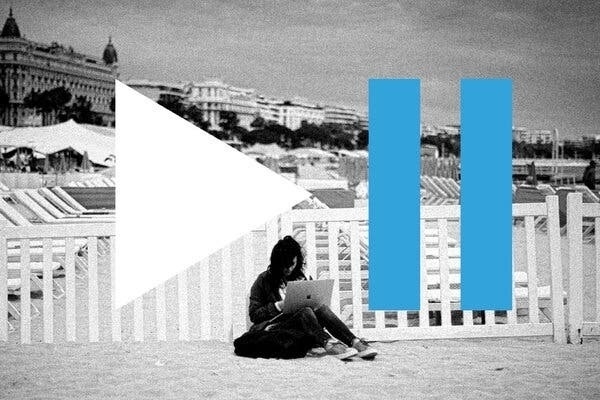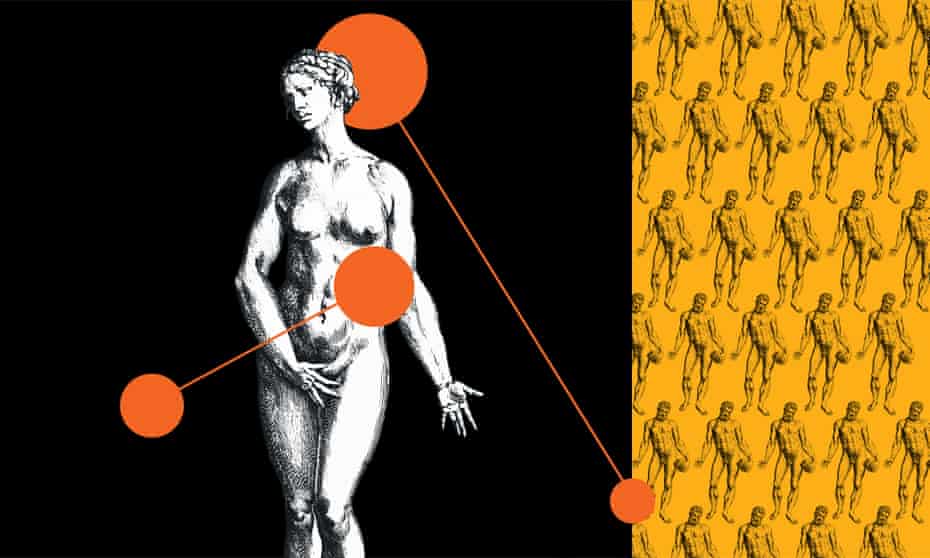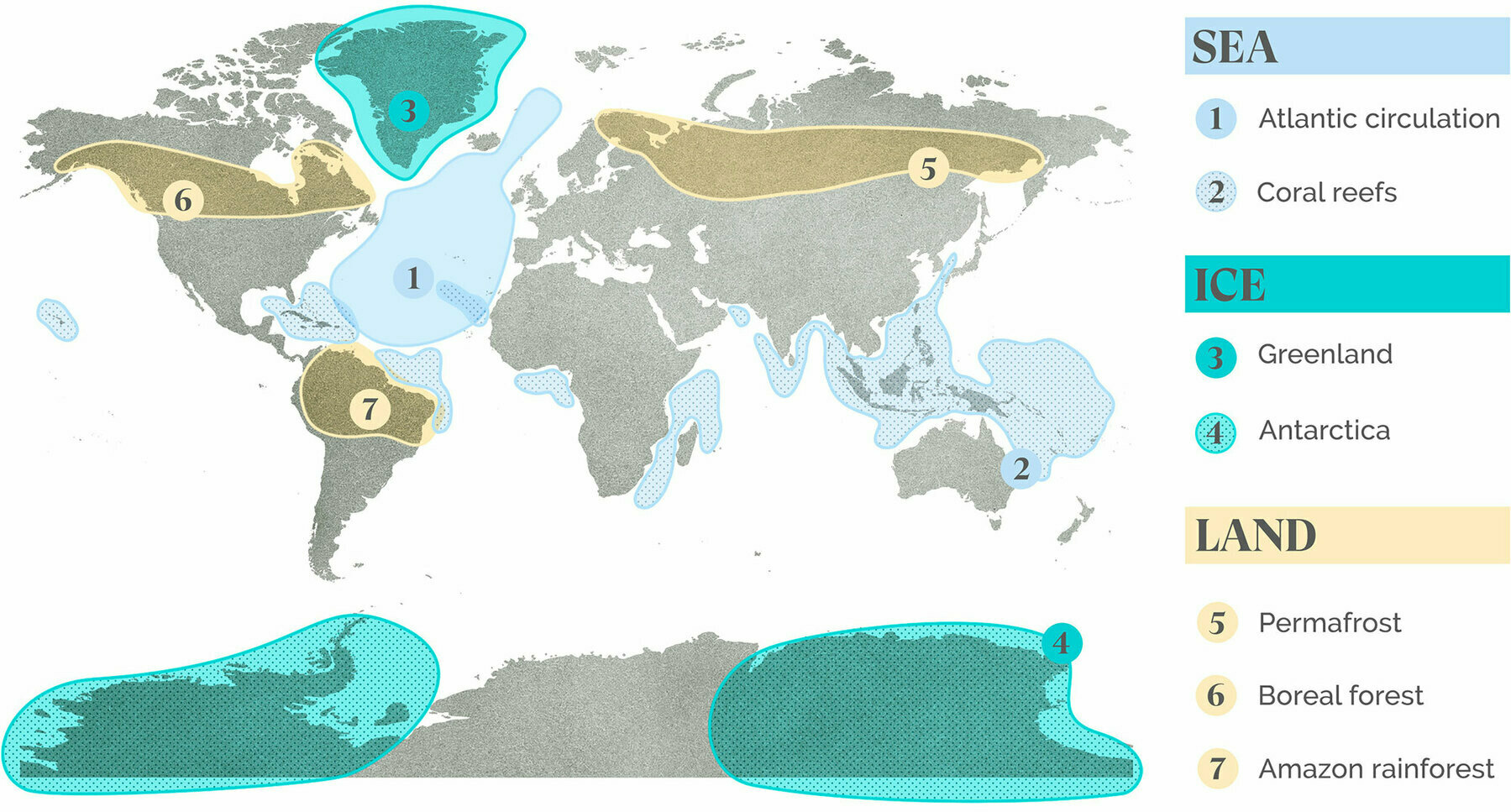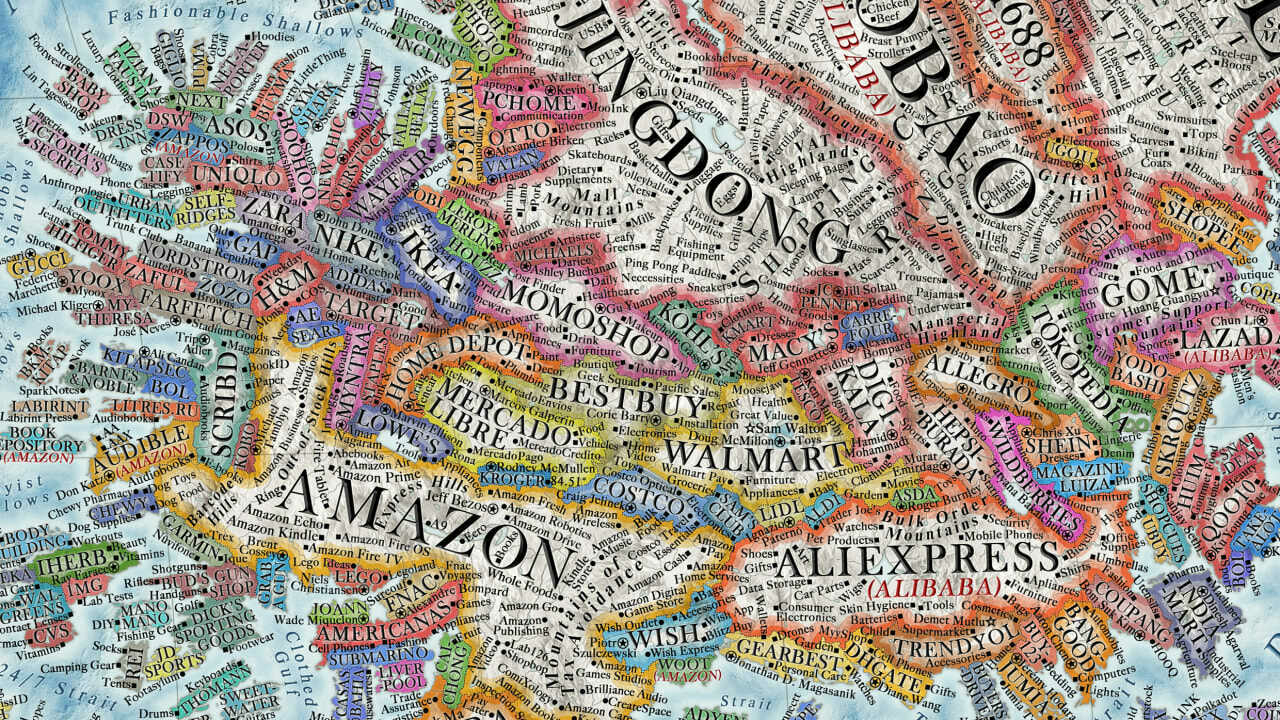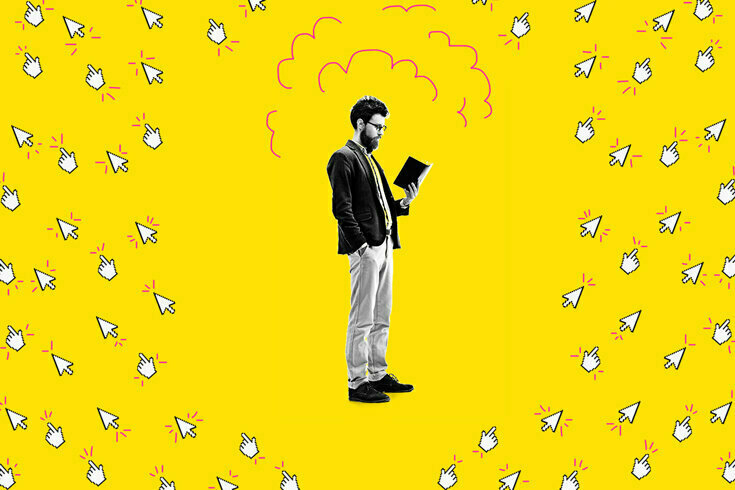2021
- Make extension creation easier for developers by specifying a consistent model and common core of functionality, APIs, and permissions.
- Outline an architecture that enhances performance and is even more secure and resistant to abuse.
Nostalgia, friction, and read/write literacy
I probably need to revisit this (and the references) but I really enjoyed reading Silvio Lorusso’s essay on computer agency and behaviour.
Alan Kay’s pioneering work on interfaces was guided by the idea that the computer should be a medium rather than a vehicle, its function not pre-established (like that of the car or the television) but reformulable by the user (like in the case of paper and clay). For Kay, the computer had to be a general-purpose device. He also elaborated a notion of computer literacy which would include the ability to read the content of a medium (the tools and materials generated by others) but also the ability to write in a medium. Writing on the computer medium would not only include the production of materials, but also of tools. That is for Kay authentic computer literacy: “In print writing, the tools you generate are rhetorical; they demonstrate and convince. In computer writing, the tools you generate are processes; they simulate and decide.”Source: The User Condition, Silvio Lorusso
Interoperability for browser plugins
This is good news, especially as I’ve noticed recently a lot of developers of browser plugins just creating stuff for Chrome.
The WebExtensions Community Group has two goals:Source: Apple, Mozilla, Google, Microsoft form group to standardize browser plug-ins | AppleInsiderThe group doesn't want to specify every aspect of the web extensions platform or stifle innovation. Each browser vendor will continue to operate independently with their own policies.
A robot that sticks to ceilings by... vibrating
This is very cool.
[embed]www.youtube.com/watch
Source: Somehow This Robot Sticks to Ceilings by Vibrating a Flexible Disc | IEEE Spectrum
Novelty, brains, and new experiences
We managed to get away for three nights last weekend, but I’m truly, deeply, looking forward to being able to do some of the amazing family trips we’ve done in previous years. Stupid coronavirus.
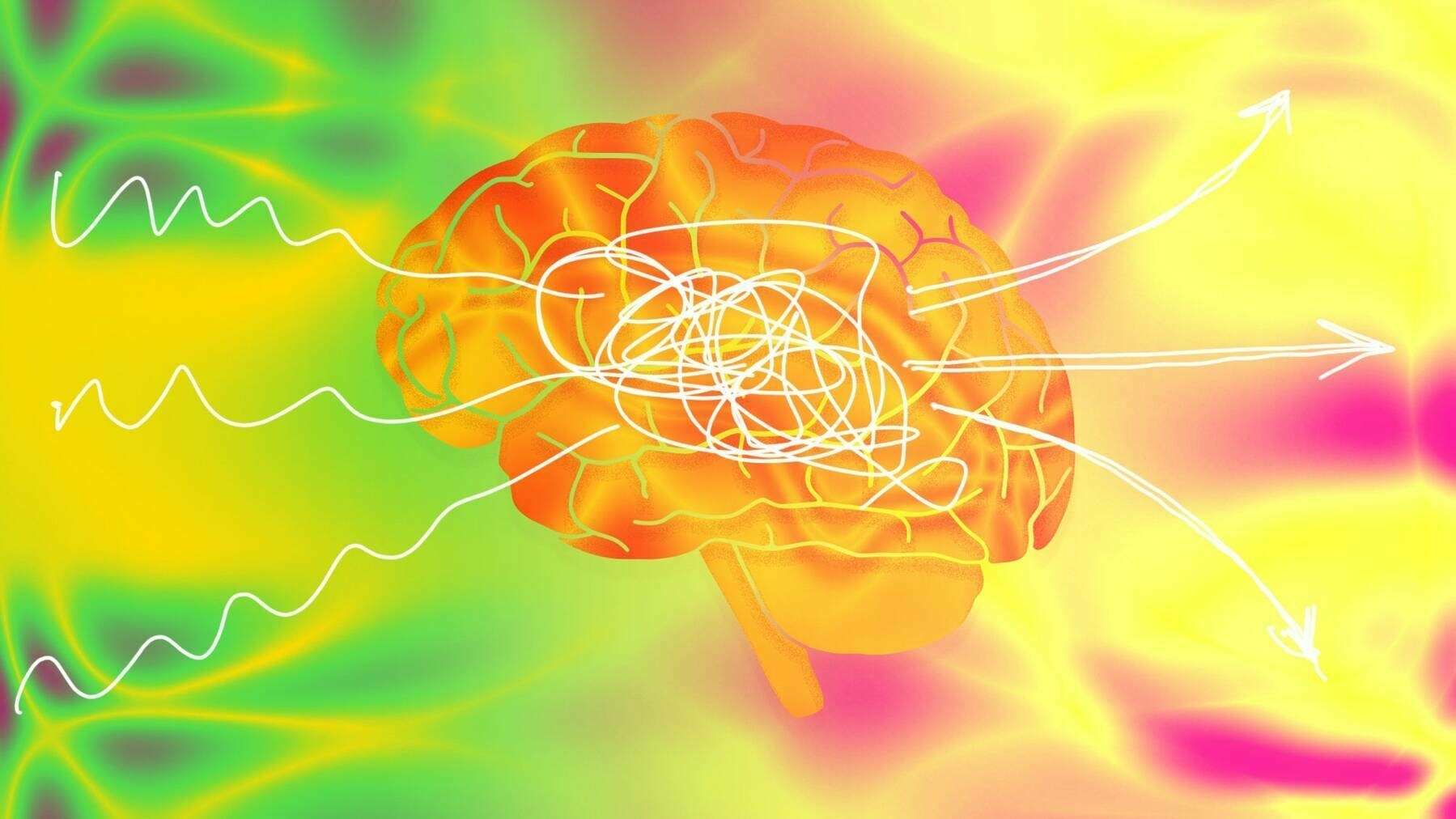
The neuroscientist Dr. David Eagleman, who’s focused much of his research on time perception, discovered something fascinating about novel experiences: they make time pass by more slowly. In effect, this can make your life feel longer. Think, for instance, about summers when you were a kid versus summers now.Source: The Brain-Changing Magic of New Experiences | GQ“The only time you really write down memories is when something is novel. For a child, at the end of a summer, they have lots of memories to draw on because so many things are new. The summer seems to have taken forever in retrospect,” Eagleman explained. “But once you’re an adult, you kind of know the rules of the world, so when you get to the end of the summertime, you think, Oh my gosh, where did that disappear to? Why? Because you don’t have any “footage” to draw on. You can’t really remember much in terms of distinguishable memories of the summer because everything else was pretty much routine.”
Taking breaks to be more human
I have to say that I’m a bit sick of the narrative that we need time off / to recharge so we can be better workers. Instead, I’d prefer framing it as Jocelyn K. Glei does as asking yourself the question “who are you without the doing?”
The point isn’t just that it’s nice to goof off every so often — it’s that it’s necessary. And that’s true even if your ultimate goal is doing better work: Downtime allows the brain to make new connections and better decisions. Multiple studies have found that sustained mental attention without breaks is depleting, leading to inferior performance and decision-making.Source: How to Take a Break | The New York TimesIn short, the prefrontal cortex — where goal-oriented and executive-function thinking goes on — can get worn down, potentially resulting in “decision fatigue.” A variety of research finds that even simple remedies like a walk in nature or a nap can replenish the brain and ultimately improve mental performance.
The farmer uses his plough as his form of work
Someone mentioned this in passing and I looked it up and thought it was neat.

The Sator Square (or Rotas Square) is a two-dimensional word square containing a five-word Latin palindrome. It features in early Christian as well as in magical contexts. The earliest example of the square dates from the ruins of Pompeii, which some scholars attribute to pre-Christian origins, such as Jewish or Mithraic.Source: Sator Square | Wikipedia
Invisible sculptures are the logical conclusion of NFTs
Speechless.
According to Garau, the sculpture doesn't not exist per se, rather it exists in a vacuum, Newsweek reports. "The vacuum is nothing more than a space full of energy," Garau explained. "And even if we empty it and there is nothing left, according to the Heisenberg uncertainty principle, that 'nothing' has a weight. Therefore, it has energy that is condensed and transformed into particles, that is, into us."Source: Italian Artist Sells Invisible Sculpture for $18,000 | highsnobiety
Virtual brands and ghost kitchens
This is the next step after ‘ghost kitchens’ — a multitude of virtual brands that basically offer the same thing but packaged differently. As the article explains, the step after this is inevitable: companies like Uber Eats cut out the middleman and open their own ghost kitchens and virtual brands.
Proponents of digital brands and ghost kitchens often pitch them as a way for chefs to experiment. When you don’t have to lease new space or hire new staff, it becomes less costly to try something new. At the same time, the availability of data about what works, platforms that algorithmically reward success with more success, and the way people search for generic products all create evolutionary pressure in the same direction. It’s a push-pull we’ve seen play out on other platforms. In theory, people are free to try weird things; in practice, most everyone makes wings.Source: The Great Wings Rush | The Verge
Male bias in scientific trials
Wow, this excerpt from Pain & Prejudice is pretty hard-hitting, especially around the paternalistic tendency treating women as ‘walking wombs’.
In the early 20th century, the endocrine system, which produces hormones, was discovered. To medical minds, this represented another difference between men and women, overtaking the uterus as the primary perpetrator of all women’s ills. Still, medicine persisted with the belief that all other organs and functions would operate the same in men and women, so there was no need to study women. Conversely, researchers said that the menstrual cycle, and varied release of hormones throughout the cycle in rodents, introduced too many variables into a study, therefore females could not be studied.Source: The female problem: how male bias in medical trials ruined women's health | Women | The Guardian
Degrees of Uncertainty
I rarely watch 24-minute online videos all the way through, but this is excellent and well worth everyone’s time. No matter what your preconceptions are about climate change, or your political persuasion.
[embed]www.youtube.com/watch
A data-driven documentary about Neil Halloran.Source: Degrees of Uncertainty - A documentary about climate change and public trust in science by Neil Halloran
7 climate tipping points that could change the world forever
I usually share climate-related stuff over at extinction.fyi but this is too good (and scary) an article not to cross-post.
The particular danger, according to the Nature paper’s authors, is that even though change in a tipping element may happen slowly on a human timescale, once a certain threshold in the system is crossed, it can become unstoppable. This means that even if the planet’s temperature is stabilized, the transition of certain Earth systems from one state to another could pick up speed, like a rollercoaster car that’s already gone over the apex of a track.Source: The 7 climate tipping points that could change the world forever
 | Grist
| Grist
Screenshot culture
I’d love to see a longer article about this because discussing the role screenshots play in our increasingly-digitally-mediated culture is fascinating to me. Especially as they’re so easy to fake.
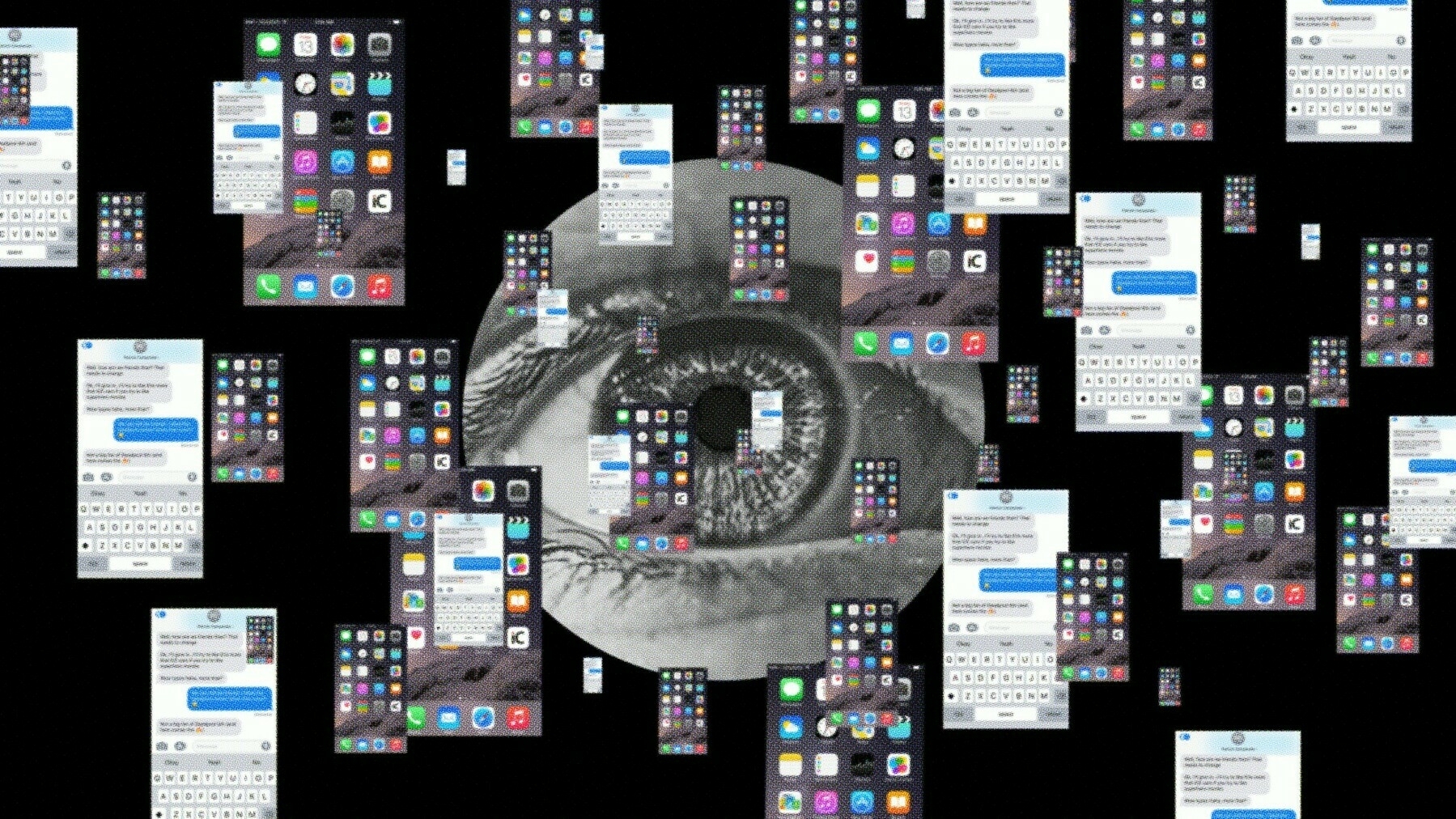
But the most important trait of screenshots now is that they’re slippery: A personal exchange can become a meme or a weapon; a random moment can turn into a work of art or mutate into a callout. The alt-lit community—the internet’s short-lived literary movement—was founded by people who used screenshots of text messages, Gchat conversations, and Snapchats to make poems and digital art. It was later blown up by alleged sexual predators who were exposed via screenshots of their other messages, which circulated on Tumblr and Twitter. The rapper 50 Cent published text-message screenshots on Instagram in which he berated Randall Emmett, the husband of a Vanderpump Rules cast member, for being late on a debt payment, but no one remembers that original tough talk. They remember that Emmett wrote “I’m sorry fofty” over and over, inexplicably, a phrase that lives forever on Etsy—you can get it on a T-shirt, a tote, a wine glass, a onesie. (I received a sparkling im sorry fofty coaster for my birthday last year.)Source: Screenshots, the Gremlins of the Internet - The AtlanticThese transformations lend a spectral quality to screenshots: Corry calls them the “evidentiary technique haunting the online realm.” Her recent paper examines the case of the former New York representative Anthony Weiner, who was humiliated by the leak of a lewd Twitter message in 2011, leading to his resignation from Congress. Two years later, more screenshots of more NSFW online messages leaked to the press, effectively ending his run for New York City mayor; and three years after that, it happened again, becoming an unexpected and wild tabloid story in the run-up to the 2016 election. (Weiner was later convicted of a felony for sending explicit messages to a 15-year-old, and served 18 months in prison.) Reporting on his downfall suggested that a lack of tech savvy played a role: If Weiner had known anything about anything, he would have come up with some better operational security. He was condemned for his predatory behavior, but also mocked for “not knowing how to use the internet,” Corry told me—a shame on top of a shame. How could you be so clueless as to not fear the ever-lurking screenshot?
The world's most popular websites, mapped
Years ago, iA had a map of the web which was much smaller and less intricate than this. My son had it up on his bedroom wall. The digital world is a lot more complex and a lot less English-speaking that it once was!
“As internet access has spread rapidly throughout developing countries in the last decade, the popularity of non-English websites has increased considerably—about a third of the world’s most visited 50 websites are based in China, with Tmall, QQ, Baidu, or Sohu surpassing Amazon, Yahoo, and even Facebook in terms of traffic,” Vargic says. “There is also a much larger [number] of popular Indonesian, Indian, Iranian, Brazilian, and other sites than even [a few] years ago.”Source: Think you know the world's most popular websites? Think again | Fast Company
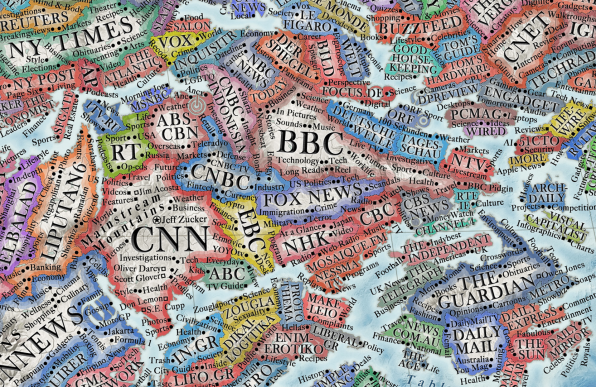
Sky pool awesomeness
Yes, I absolutely would swim across this.
Not for the faint of heart, this new Sky Pool at London's Embassy Gardens is 82-foot-long, 10-foot deep, and suspended 110 feet off the ground joining the tenth floor buildings together.Source: Would Your Dare Swim Across this Sky Pool? | Moss and Fog
"Alexa, disable arbitration"
Companies add ‘binding arbitration’ to their terms and conditions because it usually means they have to pay out less money. However, Amazon had to change their terms last month after Amazon Echo users hoisted them by their own petard. Poetic justice.
Yet, this wasn't quite the "win" that Amazon wanted. Echo users have now brought more than 75,000 arbitration demands against the company, according to a Wall Street Journal report. Because Amazon’s previous terms said that the company would pay for arbitration filing fees, the retail giant was on the hook for tens of millions of dollars before a single case was heard. Amazon has now changed course.Source: After 75,000 Echo arbitration demands, Amazon now lets you sue it | Ars Technica
Meetings as exercises in power
Meetings are one of the major ways in which power is demonstrated and exercised in hierarchical organisations. Trusting people and leaving them alone to get on with stuff is more productive, but work isn’t always about productivity (sadly).
Meeting abstention: Anyone invited to an internal meeting has the power to opt-out. “Send me the summary, please.” If someone abstains, they give up their ability to have a say in the meeting, but most meetings these days don’t actually give people a platform to have a say. And then that person can leave the Zoom room and get back to whatever it is they were doing that was actually productive.Source: Meeting nullification | Seth’s BlogMeeting nullification: If anyone in an internal meeting announces that the meeting is a pointless waste of time, it’s over. The meeting organizer is obligated to send everyone the memo that they probably should have sent in the first place.
Quitting instead of returning to the office
I’ve worked from home since 2012, and what was once unusual was becoming more normal even before the pandemic. Now that remote working has been proved to work, I can’t see why anyone (other than those who perhaps enjoy office politics and after-work drinks a little more than they should) would want to go back full-time…
While companies from Google to Ford Motor Co. and Citigroup Inc. have promised greater flexibility, many chief executives have publicly extolled the importance of being in offices. Some have lamented the perils of remote work, saying it diminishes collaboration and company culture. JPMorgan Chase & Co.’s Jamie Dimon said at a recent conference that it doesn’t work “for those who want to hustle.”Source: Return to Office: Employees Are Quitting Instead of Giving Up Work From Home - BloombergBut legions of employees aren’t so sure. If anything, the past year has proved that lots of work can be done from anywhere, sans lengthy commutes on crowded trains or highways. Some people have moved. Others have lingering worries about the virus and vaccine-hesitant colleagues.
And for Twidt, there’s also the notion that some bosses, particularly those of a generation less familiar to remote work, are eager to regain tight control of their minions.
“They feel like we’re not working if they can’t see us,” she said. “It’s a boomer power-play.”
The End of Literary Criticism
Bizarrely enough, given where I grew up, my teenage years were spent reading all kinds of stuff that would probably be shelved under the title ‘literary criticism’, ‘hermeneutics’, or ‘apologetics’.
I don’t think that’s going away, but instead what’s changing is that books (and, more importantly the people who make, edit, and write them) are no longer seen as the gatekeepers to culture.
Complaining about the state of literary criticism in 2021 seems somewhat futile. First because literary critics have always been viewed as parasitic or, more damningly, irrelevant. Ever since there has been literature, there have been critics. And, ever since there have been critics, there have been writers, readers, and others accusing them of all manner of sins: jealousy, pettiness, poor reading, ad hominem attacks. In an epigraph to her 2016 book, Critics, Monsters, Fanatics, and Other Literary Essays, American novelist and critic Cynthia Ozick cites eighteenth-century poet Alexander Pope, who referred to “those monsters, Criticks!” But the bellyaching is also futile because, after years of being seen, in contemporary discourse, as highbrow irritants, professional critics are well on their way to becoming extinct. As Mark Davis puts it in a 2018 article in the Sydney Review of Books, “Traditional literary gatekeepers now live a kind of half-life; representatives of a zombie culture: the walking dead.”Source: What We Lose When Literary Criticism Ends | The Walrus
Opportunity costs
While I appreciate the sentiment behind this article, I feel that the title is a bit off, and the solution a bit odd. Instead, I’d argue by sharing you work early and often, and in a way that people don’t need to have a meeting with you to discuss, you end up iterating towards better solutions.
The other thing is that, so long as you’re rigorous about working hours, workplace chat apps allow you to fix typos after you’ve sent messages. Always useful for people with ‘fat thumbs’ like me.
Unfortunately, time is a limited resource, which creates an opportunity cost. Opportunity costs are the name economists give to the things you could have been doing with a resource you spent in another way. The time you devote to a particular project could have been spent on countless other things on your to-do list, but you chose to spend them on that project.Source: You shouldn’t always give 110% | Fast CompanyAnd there is the rub.
Every project you do at work needs to be effective, but not every project needs to be perfect. An email you send to a close colleague at your level of the organization can be a partial sentence with typos in it and it will still elicit the desired response without damaging the relationship. A note to your boss might need to be written a little more carefully. A presentation to a potential new client had better be polished to a high gloss.
Anxiety and performance
I’ve recently had to re-evaluate my life and realise that, while there are others who see me as a confident, middle-aged man, that narrative doesn’t bear any kind of scrutiny. Instead, it’s liberating to realise that there is a kind of anxiety which is a two-edged sword; it can propel you forwards and hold you back, depending on how you treat it.
I’d assumed, in my simple two-plus-two way, that people who choose jobs like this found it easy, even enjoyed the thrill. I’m heartened to discover that they, too, feel frightened, their confidence an illusion. And I’m delighted that the shame associated with nervousness, a trait we’re expected to grow out of, has subsided enough for it to be discussed so openly. It’s no coincidence stage fright and its shivering sisters are being talked about now, at a time when even the most confident-seeming people are feeling nervous about re-entering the world.Source: Feeling nervous isn’t bad – it happens to us all | Life and style | The GuardianThe pandemic has helped clarify concepts that previously felt abstract. “Nervousness”, we see now, is not just a childish affectation but a rational reaction to situations that feel dangerous, a feeling experienced by many, and often. Similarly, we are being forced to reconsider the idea of “hope”. Rather than a simple heart-fluttering optimism, hope has been revealed to be both necessary and a bit of a slog. A decision, made daily upon waking, to seek out good news and drag ourselves towards it using our nails, our knees, whatever clawed instrument we have to hand. It prevents us from sinking so deep into the porridge of modern life that we no longer have the energy to look ahead.


